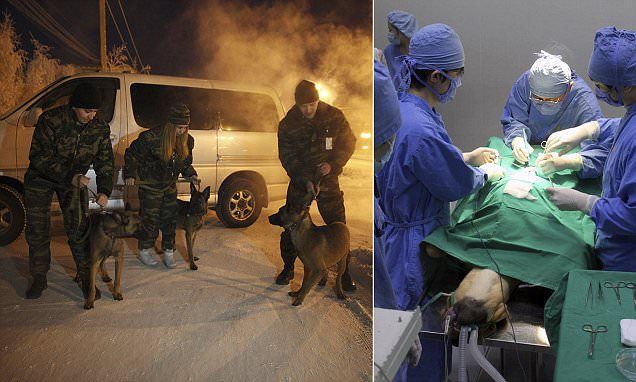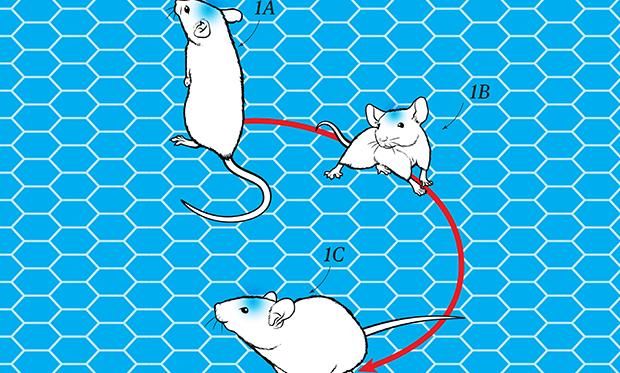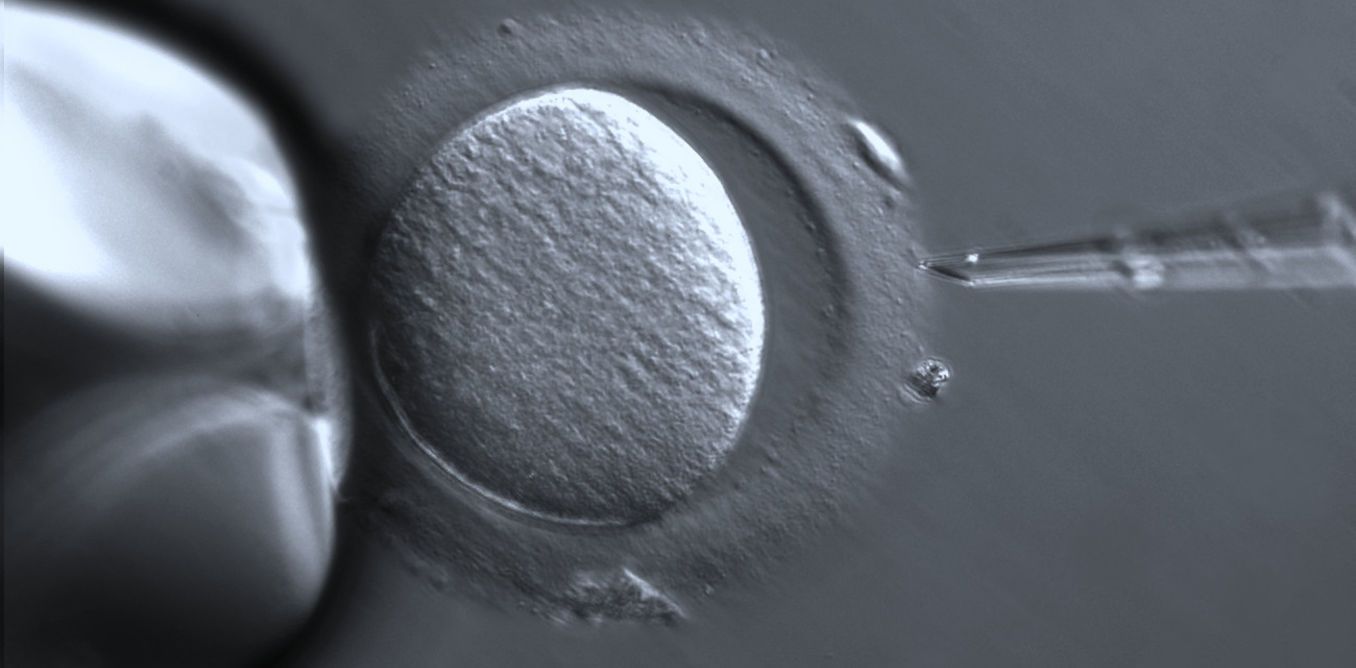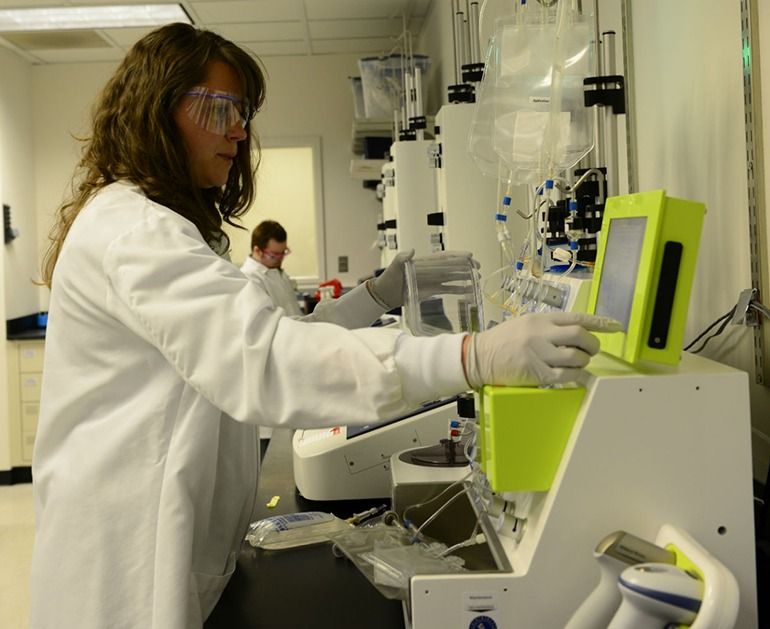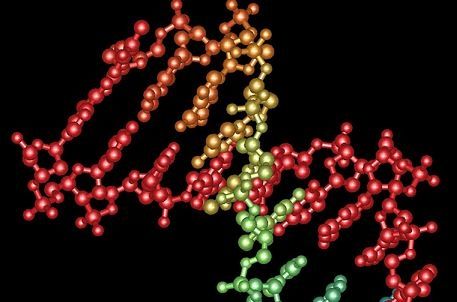Dec 1, 2016
Russia unveils CLONE DOGS that will work with Putin’s Special Forces
Posted by Dan Kummer in categories: biotech/medical, genetics
The CLONED dogs of war: Russia unveils genetically-enhanced canines which will work with Putin’s Special Forces and were created by scientist attempting to restore woolly mammoths
- The three Belgian Malinois were cloned by a South Korean professor
- He also aims to one day restore extinct woolly mammoths to Siberia
- Dr Hwang Woo Suk gifted the dogs — each valued at $100,000 — to police
- The will be used in Yakutia, the coldest inhabited region in the world
By Will Stewart In Moscow for MailOnline
Continue reading “Russia unveils CLONE DOGS that will work with Putin’s Special Forces” »
